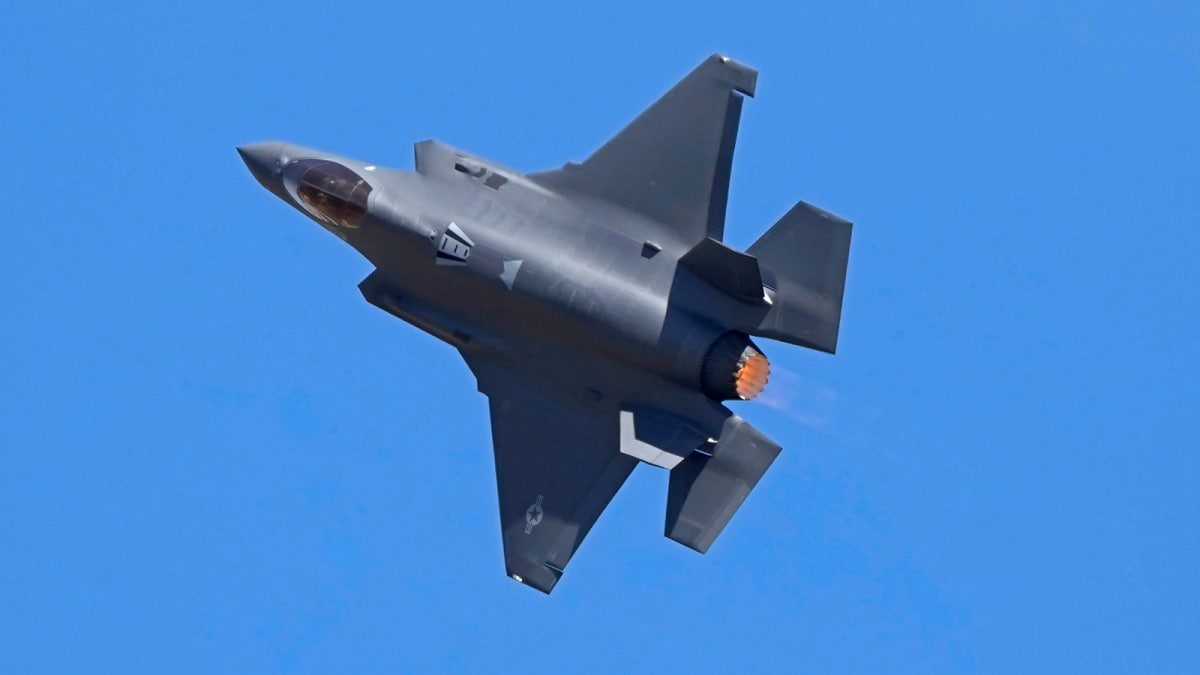Swadeshi Jagran Manch (SJM), economic wing of the Rashtriya Swayamsewak Sangh (RSS), urged the Central Drugs Standard Control Organisation (CDSCO), the apex drug regulatory authority, to bring more clarity in its draft guidelines to ensure production of high-quality and cost-effective biosimilars in the country.
In a letter to the Director General of CDSCO, SJM sought safeguards for the Indian industry from “international pressures for regulations” that favour multi-national pharma companies.
The CDSCO had recently issued the 2025 draft guidelines on similar biologics, also called biosimilars.
“Though the draft guidelines represent a pivotal advancement in making affordable, life-saving biosimilars accessible to millions of Indians suffering from chronic and life-threatening conditions such as cancer, diabetes, and autoimmune disorders it requires more clarity and direction,” the SJM letter reads.
The SJM appreciated the draft guidelines for embracing the “3Rs principle” (replacement, reduction, refinement) as it reflects India’s commitment to ethical scientific practices and alignment with global standards for animal welfare. Modern technologies, including in-vitro assays, organ-on-chip models, and computational simulations, provide robust, accurate, and humane alternatives to confirm the safety and biosimilarity of these drugs, it said.
“These methods are often faster and more precise than animal studies, reducing both ethical concerns and development costs,” it added.
The organisation, however, noted that the guidelines stipulating that it will be the discretion of the CDSCO to decide whether a requirement of “additional non-clinical in vivo animal studies” should be waived or not, poses a “risk” of increasing biosimilar development cost.
This provision goes against the practices of the leading regulatory authorities in other countries, it added.
“Prominent regulatory authorities like the UK MHRA, European Medicine Agency (EMA) Health Canada, and USFDA have either eliminated or phased out mandatory animal testing for biosimilars,” SJM said, adding its recommendation that waiving animal studies entirely when comprehensive laboratory tests demonstrate high similarity between a biosimilar and its reference product.
Recently, civil societies, in a letter to CDSCO on the draft guidelines on biosimilars, has urged that there is an urgent need to eliminate unnecessary animal studies, and establish clear conditions for requiring comparative clinical trials for affordable biosimilars without compromising safety and efficacy.
According to the SJM, the draft guidelines’ provision to waive certain clinical trials when biosimilarity is established through analytical and functional studies is a forward-thinking measure, saying this approach can significantly reduce development costs and expedite market entry, which is critical for patients awaiting affordable treatments.
However, the lack of explicit criteria in the guidelines for when waivers are permitted introduces ambiguity, potentially leading to inconsistent application and delays as well as “room for corrupt practices”, it said, stressing the need to establish “clear conditions” for conduct of clinical trials.



.png)
.png)
.png)
















 18 hours ago
6
18 hours ago
6








 English (US) ·
English (US) ·